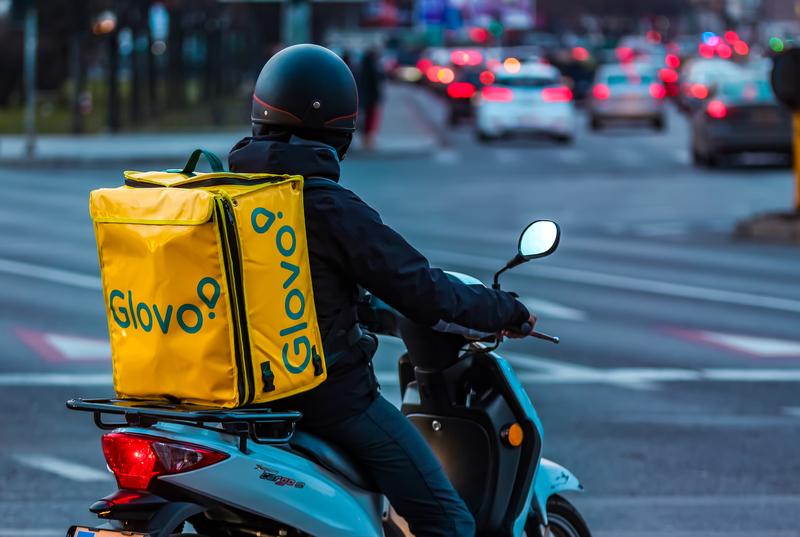
The Commercial Court No. 2 of Barcelona has dismissed Just Eat’s lawsuit against Glovo for unfair competition. The ruling, which has far-reaching implications for the entire delivery industry in Spain, confirms that Glovo has acted within the law and guaranteed the autonomy of its delivery riders. This means Glovo is exempt from paying nearly 300 million euros in compensation.
Background of the lawsuit: Focus on alleged false self-employment
Just Eat Spain had filed a lawsuit against Glovo with the Commercial Court of Barcelona, demanding 295 million euros. The accusation: Glovo, originally founded in Barcelona and now part of the German Delivery Hero group, had allegedly saved over 645 million euros in recent years by employing false self-employed workers, thus gaining a significant competitive advantage. Just Eat argued this violated fair competition principles.
The “Rider Law” and the presumption of employment
The court’s judgment, which Just Eat can appeal and which orders Just Eat to pay the court costs, states that Glovo has complied with the so-called “Rider Law” (Ley Rider). While this law introduces a “presumption of employment” for individuals providing delivery services via digital platforms, it does not prescribe a “homogeneous and exclusive model.” The judgment emphasizes: “Since it is a presumption that allows for contradictions and evidence to the contrary, it is entirely possible to carry out distribution activity through digital platforms under a regime of labor autonomy.”
It is argued that labor intermediaries and self-employed courier services can coexist. Discrimination should be made “taking into account the circumstances of the alleged specific facts.”
Judge criticizes labor inspectors and defends self-employment
The ruling discredits the statements of two labor inspectors who declared in the trial that Glovo’s workers had done so as “false self-employed.” The judge pointed to their “belligerence” against the company and its representatives. One of the inspectors allegedly addressed a lawyer as “the enemy.” The judge criticized that the inspectors categorically rejected that food deliveries could be made by self-employed individuals, even though the “Rider Law” expressly allows for it. The judgment states: “Despite the undeniable dialectical ability of the plaintiff’s lawyer, whose questioning aimed to convey an image of objectivity, the nostalgic echo of unionized Spain, of the ‘world of yesterday,’ managed and bureaucratic, seemed to resonate with resounding unanimity in all statements.”
Efficiency and preference of delivery riders
The presiding judge of the Commercial Court pointed out that the model of contracting with self-employed individuals has been accredited as “more efficient,” especially for satisfying fluctuating demand focused on specific time slots. He also emphasized that the delivery riders themselves prefer the self-employment model because it allows them to provide the service “at will on one platform or another, in one place or another, or for as long as they wish.” The judge added: “In my opinion, there is no one better suited than the affected parties themselves to decide what is best for them… except an enlightened and omniscient bureaucrat who seems to enjoy privileged access to the truth.”
Different business models and market shares
Regarding Glovo’s alleged competitive advantage due to its model, the judge found that Just Eat failed to prove that these “alleged cost savings were used for exclusive agreements with restaurants or for larger promotions,” or that this allowed Glovo to make larger advertising investments.
The judgment concludes that Just Eat and Glovo pursue different business models: while 80% of Just Eat’s business is conducted through the marketplace and only 20% through home delivery, the opposite is true for Glovo. Furthermore, the model change implemented by Glovo since early January 2025, which involves employing delivery riders, has not led to a significant shift in market shares. In June 2025, Glovo’s market share was 53.8%, Just Eat’s 14.5%, and Uber Eats’ 28.5%.



